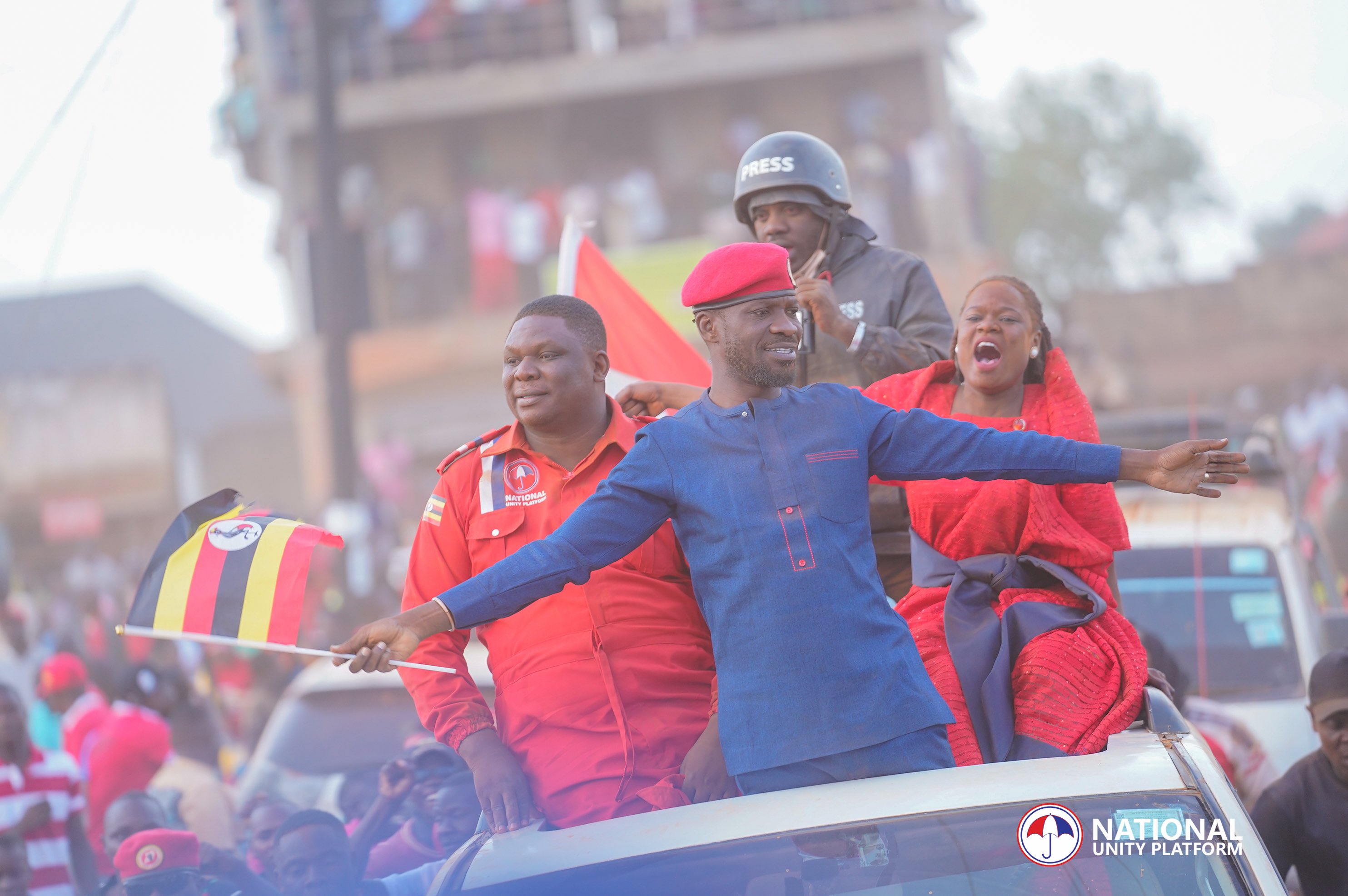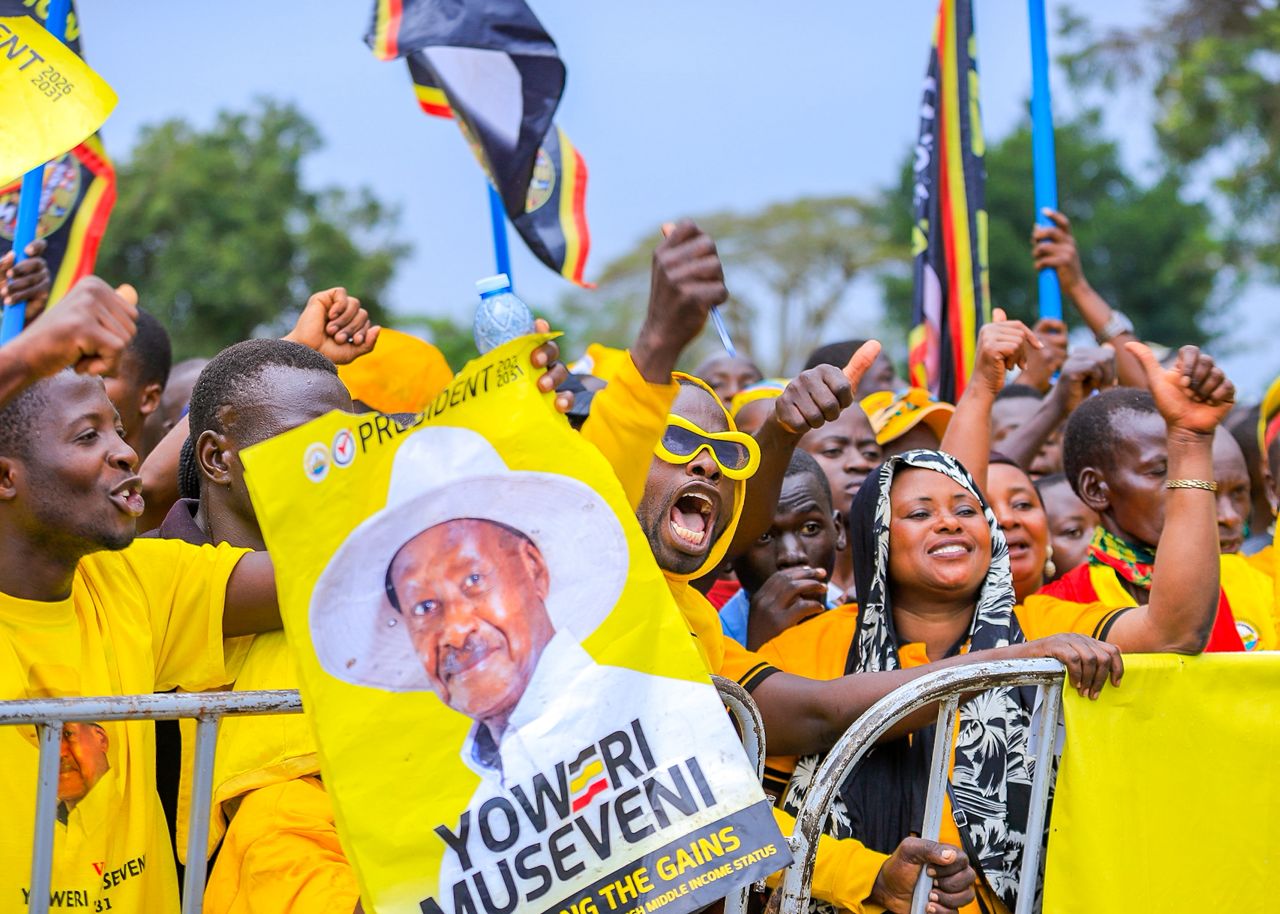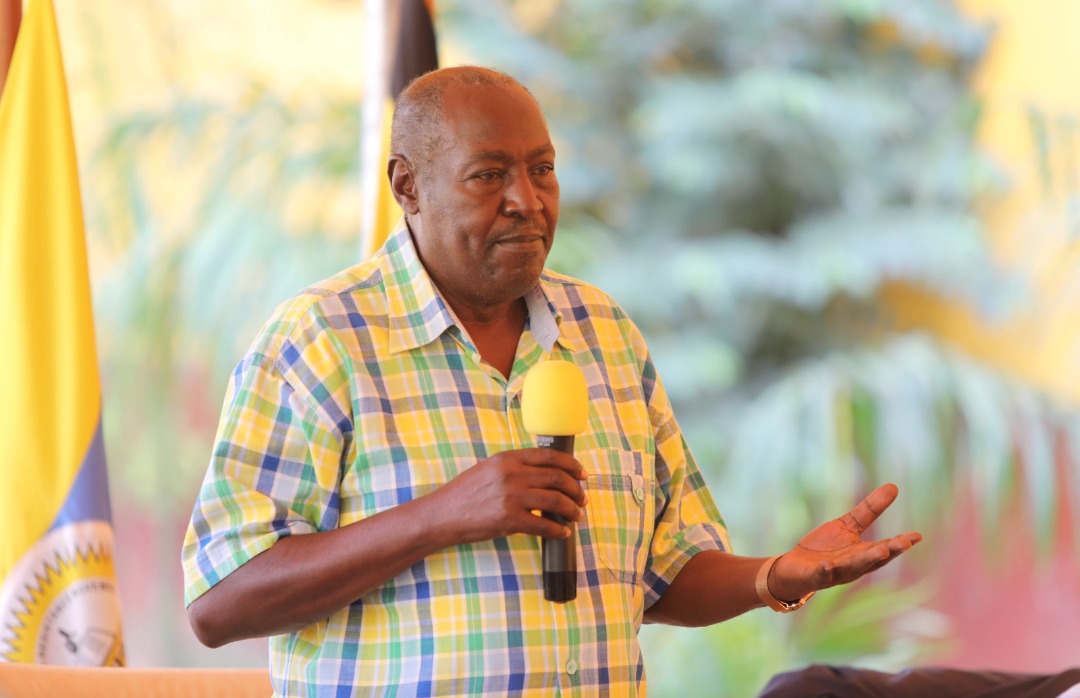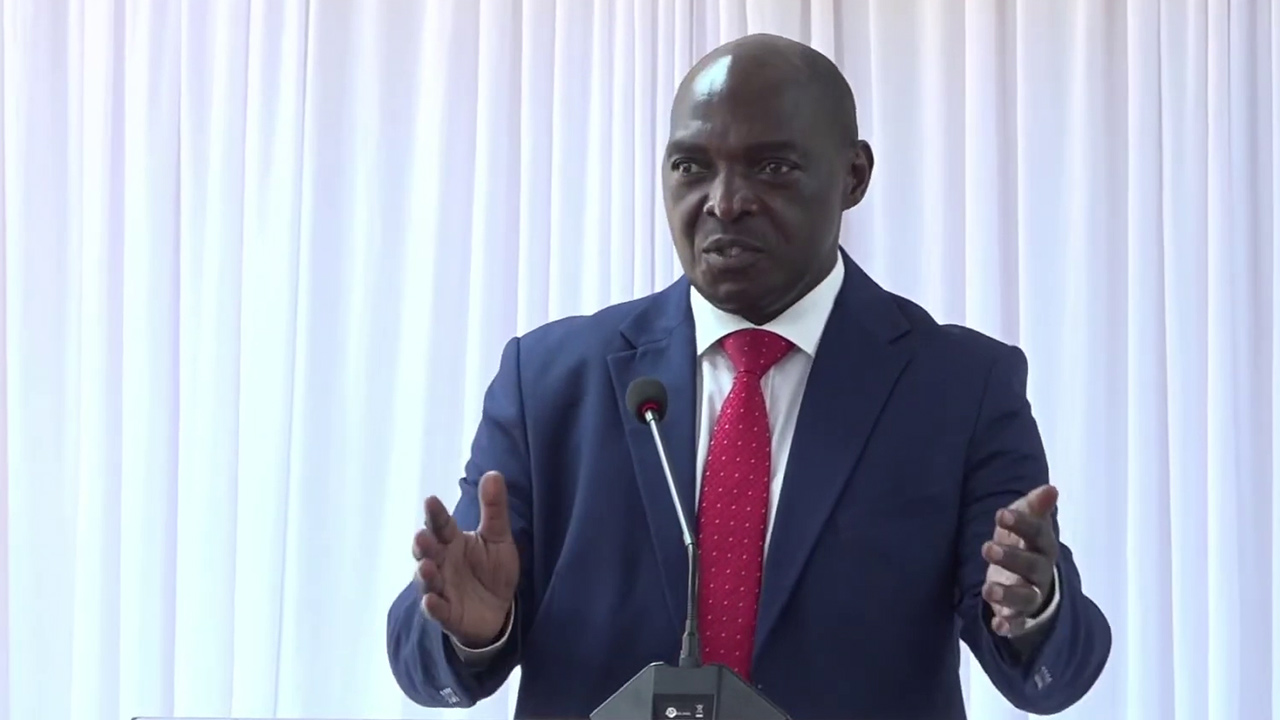NUP turns roadblocks into strength as campaigns draw crowds in rural Kamuli and Buyende
As the campaigns continue, the opposition’s ability to convert state-imposed barriers into narratives of resilience and people-centered politics may prove central to its broader electoral strategy.

The National Unity Platform (NUP) has accused security forces of deliberately blocking its campaign convoys from accessing major town centers and planned venues in Kamuli and Buyende districts. Instead, the party and its supporters were forced to take alternative, dusty rural routes—an obstacle the opposition has sought to turn into a strength.
NUP presidential flag bearer Robert Kyagulanyi Ssentamu, better known as Bobi Wine, told supporters that despite being barred from reaching Bukungu Island in Buyende District, the campaign team still managed to address large gatherings in Buyende Town Council and parts of Kamuli District.
“Despite a police blockade which prevented us from reaching our planned destination at Bukungu Island in Buyende, and the deliberate blocking of main roads, we still addressed our people… People Power is stronger than the people in power,” Kyagulanyi said, framing the disruption as proof of state resistance to his growing support.
NUP Secretary General David Lewis Rubongoya echoed similar frustration, describing the day as one of “eating so much dust” and enduring long distances due to blocked main roads. But he quickly reframed the experience, pointing to the size of the crowds that turned out to meet the campaign team. “It was also a day of people showing up in very large numbers to assert their power,” Rubongoya said.
The party leadership has cast the restrictions as evidence of political suppression, but also as an opportunity to connect directly with rural communities—who they argue are the true victims of poverty, poor infrastructure, and weak service delivery. “They did all they could to block us from passing through the main streets of town centers… little did they know that the rural audience is our actual target,” the NUP statement read.
By leaning into the obstacles, NUP is presenting itself as the underdog navigating a hostile political environment while still commanding mass support. The turnouts in Kamuli and Buyende, despite security hurdles, serve as both a protest against state-imposed restrictions and a reaffirmation of Kyagulanyi’s message that ordinary Ugandans hold the real power.
As the campaigns continue, the opposition’s ability to convert state-imposed barriers into narratives of resilience and people-centered politics may prove central to its broader electoral strategy.







